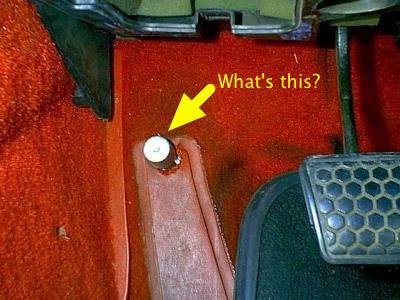Urine average urea content 9.3 g/L, also uric acid (weak acid), and other constituents, varies with what you ate and health status; pH can vary between 4.6 (acidic) and 8 (mildly basic) with 7 (neutral) being the norm. pH of urea [ CO(NH2)2 ] is neutral (roughly pH = 7).
The venoms of various insects, snakes, other reptiles, and coelenterates (jelly fish and Portuguese man o'war) vary in composition; as for snakes and the like it tends to contain low-number peptides (polypeptides) (low-n amino-acid polymers) with substitutions, and maybe various alkaloids.
The venoms of ants and bees contain various alkaloids as well as formaldehyde and formic acid in the case of ants, but it it probably the alkaloids that do the main damage. The venom of bees and wasps may contain peptides as well as alkaloids, I'm not sure, but it can be nasty, from both bees and ants. [The formaldehyde and formic acid content is probably low; notice the name is derived from the Latin for ant: formica]
he venom of various jellyfish contains amines (a basic chemical group), and of Portuguese man o'war, I don't know.
Urine is not recommended for the sting of any jellyfish and I don't think it is recommended for Portuguese man o'war, but I have heard that said (what people say is not something to go on in the case of medicine).
In the case of Portuguese man o'war it is recommended to flush with salt water, _not_ fresh water. Vinegar is _not_ recommended for Portuguese man o'war.
Vinegar is recommended for jellyfish stings:
www.WebMD.com,
www.emedicinehealth.com, and
Jellyfish stings and remedies
Lemon juice is acidic, so this is consistent. Recall, vinegar contains acetic acid, a weak but not so weak acid, and lemon juice contains citric acid, a weak acid.
That vinegar is recommended here is consistent with the fact that most jellyfish stings contain amines, which are a basic (alkaline) chemical group.
Notice that Portuguese man o'war is different, and vinegar is _not_ recommended for it. Pm o'war is seen in the Atlantic off the coast of Florida, and it is common in the tropical waters of the Pacific, say the Philippines, where I saw a little girl on the beach, in shock, really messed up from it, quivering uncontrollably and lips turning blue, at Subic Naval Base, and a lot off the eastern coast of Australia along with other even worse meanies.
I notice that AFR-64-4 is the Air Force survival manual. I am surprised that they recommend urine for jelly fish. Maybe on a statistical basis with the range being 4.5 to 8 you have more than half a chance of hitting 4.5 to 7, maybe even lower, well, if so, then that may be a justification, but, well, a weak one, as that is the range where it is still quite weakly acidic (5-6).

